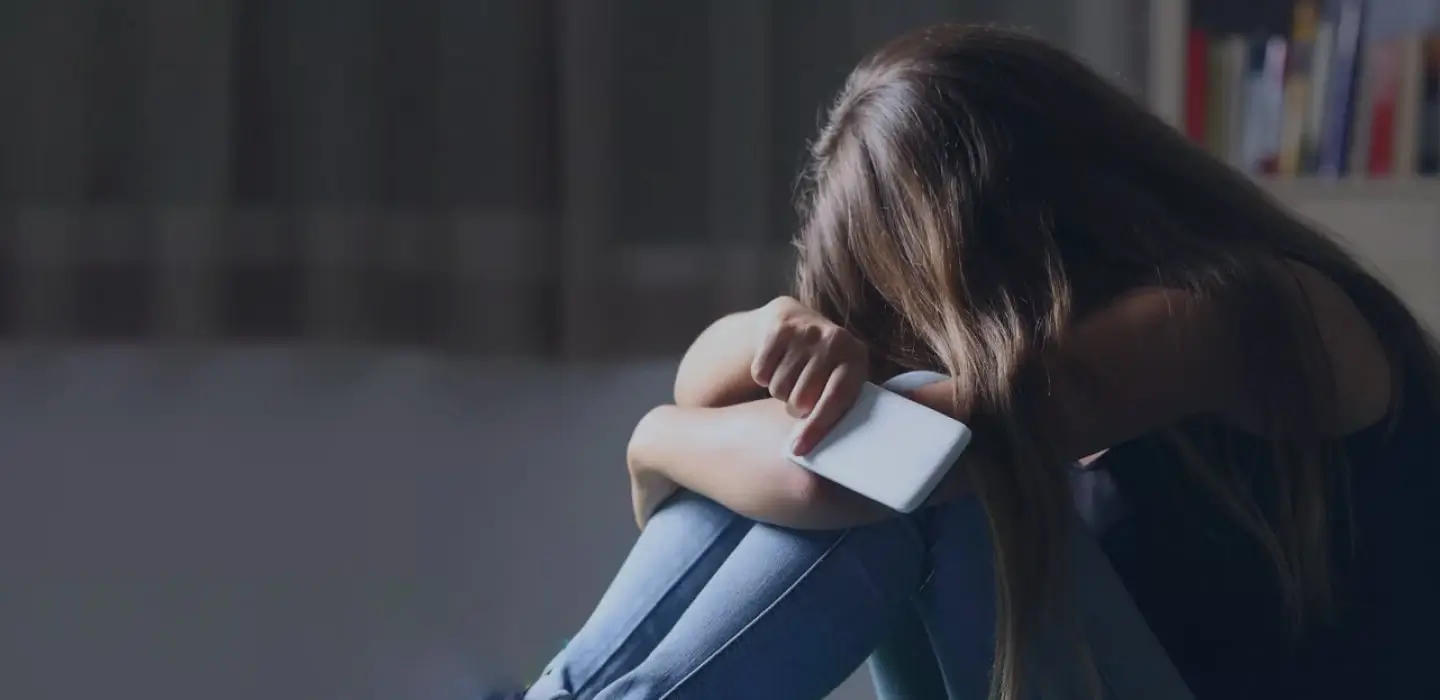Lawsuit Insights
Social Media Addiction Lawsuit Update (2024–2025): Big Tech Faces Mounting Legal Pressure
Who May Be Affected:
Teens and young adults who developed serious mental health conditions—such as depression, anxiety, eating disorders, or suicidal ideation—after extensive use of social media platforms like Instagram, TikTok, YouTube, and Snapchat.
Number of Plaintiffs Helped:
Thousands of families, school districts, and youth organizations across the U.S. have initiated legal action or joined class-action lawsuits.
Introduction
The legal landscape around social media addiction has shifted dramatically over the past year. As awareness grows around the mental health crisis fueled by platforms like Instagram, TikTok, and YouTube, courts are beginning to hear the voices of those most impacted—teens and families seeking accountability for life-altering psychological harm.

2024–2025 Key Legal Developments
Multi-District Litigation (MDL) Gains Momentum
In late 2023, over 3,000 individual lawsuits were consolidated into federal MDL No. 3047 in the Northern District of California. This includes claims against Meta, TikTok, Google (YouTube), and Snap Inc. Plaintiffs argue these platforms caused or contributed to youth mental health deterioration through addictive design.
New Evidence Emerges
Whistleblower Frances Haugen’s internal Facebook documents—originally leaked in 2021—continue to shape litigation, revealing the company knew its platforms harmed teen mental health, especially girls. Additional documents have surfaced during discovery, reinforcing claims of negligence and profit-driven design choices.
State-Level Action
Attorneys general from multiple states, including California, New York, and Arkansas, have filed their own lawsuits alleging violations of consumer protection laws. Meanwhile, school districts are joining claims seeking compensation for counseling costs, absenteeism, and behavioral fallout linked to student social media use.
Tech Giants Under Fire
Meta (Instagram & Facebook): Accused of prioritizing user engagement metrics over user safety, despite internal research showing harm.
TikTok: Allegedly engineered to promote infinite scrolling and algorithmic rabbit holes that foster compulsive use.
YouTube: Targeted for its autoplay and recommendation systems that keep minors engaged for hours without oversight.
Snapchat: Linked to anxiety spikes through streak mechanics and disappearing messages.
Looking Ahead: Legislative and Regulatory Pressure
Congress is actively exploring new child online safety laws, including the Kids Online Safety Act (KOSA), which would hold platforms accountable for failing to prevent foreseeable harm. Some states have already enacted screen time and parental control regulations.
Conclusion
As 2025 unfolds, these lawsuits could redefine how tech companies operate, how mental health risks are evaluated in product design, and how society protects its most vulnerable users—its children.
Ready for a Free Evaluation?
We are committed to your privacy. By submitting, you agree the phone number you provided may be used
to contact you by the law firm, us, or any affiliates (including autodialed, pre-recorded calls or
text messages).
